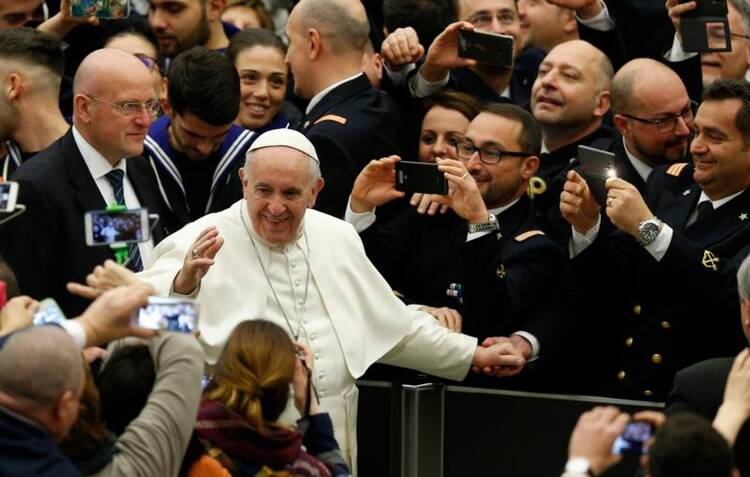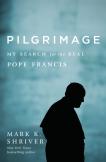On the trail of Jorge Bergoglio
After what the Rev. Jorge Mario Bergoglio went through in Argentina—the 1976-1983 “Dirty War,” a painful fissure within the Jesuits during his leadership, economic and political turmoil—handling the job of being Pope Francis might seem relatively easy.
Mark K. Shriver, a member of America’s most famous Catholic family, the Kennedys (his mother was the late Eunice Kennedy Shriver, his father the late Sargent Shriver Jr., the first head of the Peace Corps), sets out to search for what he calls the “real” Pope Francis.
He takes a trip to Argentina, where he talks (mainly through translators) to everyone from slum priests to garbage collectors who knew Bergoglio before he became Francis. He visits the key places that formed Bergoglio, including the Colegio Maximo, the seminary where he spent 30 years, and the lonely room in Cordoba where he spent two years in “exile” after a falling out with the Jesuits.
The result is a readable account of Bergoglio’s rise, fall and unlikely rise again to become pontiff. While this is not the definitive biography of Bergoglio—his dramatic experience with the Jesuits still needs to be fully told, for instance—it successfully captures what an unusual pope this is.
Pilgrimage is not only a journey into the heart of Pope Francis, but a journey into Shriver’s own life and identity as a Roman Catholic. It leads him to question his work in Washington, D.C., as head of the nonprofit Save the Children. He concludes that Francis truly is a radical, hosting a three-day event at the Vatican about social change that went largely unnoticed and where he invited people like the head of an association of Argentinian cartoneros—garbage collectors.
Unfortunately, Shriver did not land a much sought-after interview with the pope. Which simply shows that for Francis, even a Kennedy writing a book about him is not more important than a cartonero from Argentina.
This article also appeared in print, under the headline “On the trail of Jorge Bergoglio,” in the February 20, 2017, issue.









